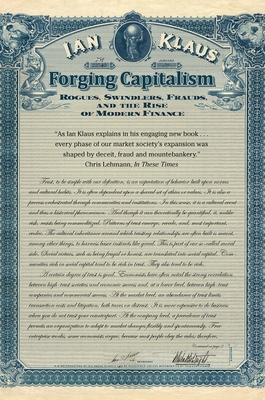Expedite your nonfiction book discovery process with Readara interviews, summaries and recommendations, Broaden your knowledge and gain insights from leading experts and scholars
In-depth, hour-long interviews with notable nonfiction authors, Gain new perspectives and ideas from the writer’s expertise and research, Valuable resource for readers and researchers
Optimize your book discovery process, Four-to eight-page summaries prepared by subject matter experts, Quickly review the book’s central messages and range of content
Books are handpicked covering a wide range of important categories and topics, Selected authors are subject experts, field professionals, or distinguished academics
Our editorial team includes books offering insights, unique views and researched-narratives in categories, Trade shows and book fairs, Book signings and in person author talks,Webinars and online events
Connect with editors and designers,Discover PR & marketing services providers, Source printers and related service providers

Forging Capitalism: Rogues, Swindlers, Frauds, and the Rise of Modern Finance
Business & Economics > Economic History
- Yale University Press
- Paperback
- 9780300223590
- 9 X 5.7 X 0.7 inches
- 0.8 pounds
- Business & Economics > Economic History
- (Single Author) Asian American
- English
Readara.com
Book Description
Vice is endemic to Western capitalism, according to this fascinating, wildly entertaining, often startling history of modern finance. Ian Klaus's Forging Capitalism demonstrates how international financial affairs in the nineteenth century were conducted not only by gentlemen as a noble pursuit but also by connivers, thieves, swindlers, and frauds who believed that no risk was too great and no scheme too outrageous if the monetary reward was substantial enough. Taken together, the grand deceptions of the ambitious schemers and the determined efforts to guard against them have been instrumental in creating the financial establishments of today. In a story teeming with playboys and scoundrels and rich in colorful and amazing events, Klaus chronicles the evolution of trust through three distinct epochs: the age of values, the age of networks and reputations, and, ultimately, in a world of increased technology and wealth, the age of skepticism and verification. In today's world, where the questionable dealings of large international financial institutions are continually in the spotlight, this extraordinary history has great relevance, offering essential lessons in both the importance and the limitations of trust.
Author Bio
Ian Klaus is a senior fellow on global cities at the Chicago Council on Global Affairs. Previously he served as diplomatic adviser to Urban 20 and C40 City Climate Leadership Group. Prior to that, he was senior adviser for global cities at the US Department of State.
In that role, he led urban diplomacy for the United States, engaging dozens of foreign ministries and development agencies from Africa, South America, North America, Asia, and Europe on urbanization and foreign policy issues. He also internally managed the State Department's efforts to develop urbanization-related policies.
Klaus was deputy United States negotiator for the United Nations Conference on Housing and Sustainable Development. Prior to that he served as member of the policy planning staff in the office of the Secretary of State, advising the Secretary of State and Director of Policy Planning on strategic issues surrounding the Arab Spring and multilateral diplomacy.
He is a member of the World Economic Forum's advisory board on the future of urban development, the Creative Cities Working Group at Stanford University, a visiting fellow at the University of Pennsylvania, and the Ernest May Fellow for History and Security Studies at the Kennedy School of Government. He holds a PhD in international history from Harvard University, and is the author of Forging Capitalism (Yale, 2014) and Elvis is Titanic (Knopf, 2007).
Source: www.thechicagocouncil.org/
Videos
No Videos
Community reviews
No Community reviews

